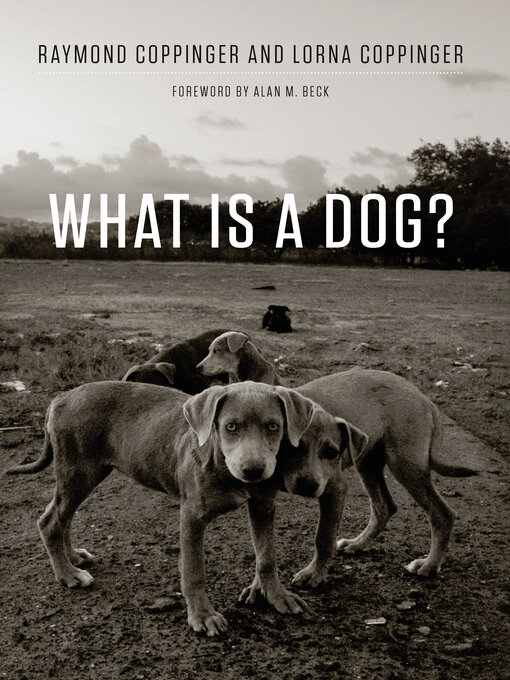Of the world's dogs, less than two hundred million are pets, living with humans who provide food, shelter, squeaky toys, and fashionable sweaters. But roaming the planet are four times as many dogs who are their own masters—neighborhood dogs, dump dogs, mountain dogs. They are dogs, not companions, and these dogs, like pigeons or squirrels, are highly adapted scavengers who have evolved to fit particular niches in the vicinity of humans. In What Is a Dog? experts on dog behavior Raymond and Lorna Coppinger present an eye-opening analysis of the evolution and adaptations of these unleashed dogs and what they can reveal about the species as a whole.
Exploring the natural history of these animals, the Coppingers explain how the village dogs of Vietnam, India, Africa, and Mexico are strikingly similar. These feral dogs, argue the Coppingers, are in fact the truly archetypal dogs, nearly uniform in size and shape and incredibly self-sufficient. Drawing on nearly five decades of research, they show how dogs actually domesticated themselves in order to become such efficient scavengers of human refuse. The Coppingers also examine the behavioral characteristics that enable dogs to live successfully and to reproduce, unconstrained by humans, in environments that we ordinarily do not think of as dog friendly.
Providing a fascinating exploration of what it actually means—genetically and behaviorally—to be a dog, What Is a Dog? will undoubtedly change the way any beagle or bulldog owner will reflect on their four-legged friend.
- Available now
- New eBook additions
- New kids additions
- New teen additions
- Most popular
- Try something different
- NYPL WNYC Get Lit Book Club
- Spotlight: Toni Morrison
- See all ebooks collections
- Available now
- New audiobook additions
- New kids additions
- New teen additions
- Most popular
- Try something different
- NYPL WNYC Get Lit Book Club
- Spotlight: Toni Morrison
- See all audiobooks collections

